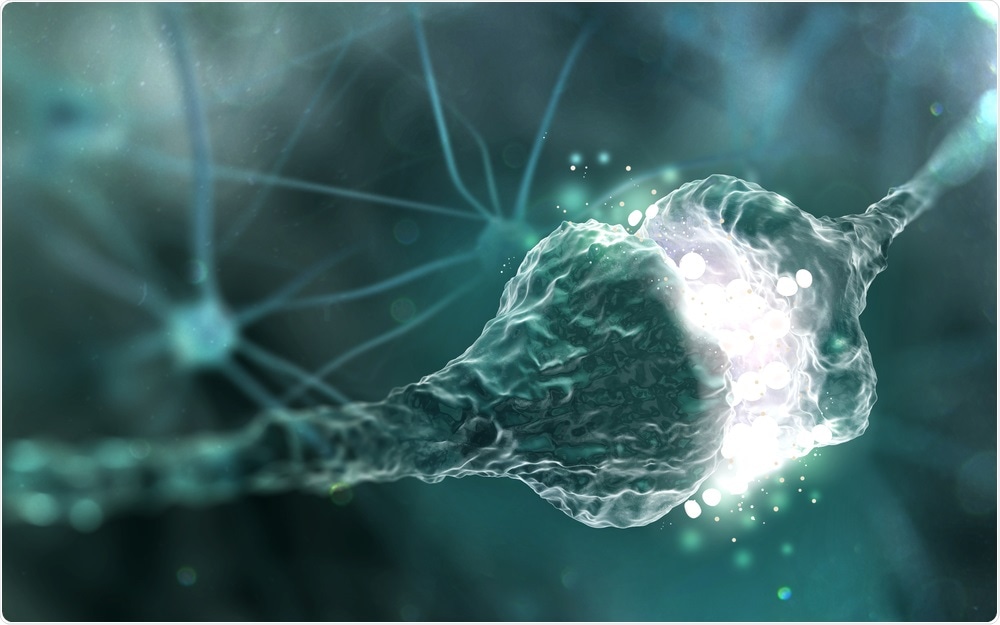
Groundbreaking study finds certain brain disorders are genetically related
A large-scale, global study conducted by the Brainstorm Consortium has shown that certain brain disorders are genetically related, a finding that could help improve current psychiatric classification models.
 Image Credit: Andrii Vodolazhskyi / Shutterstock
Image Credit: Andrii Vodolazhskyi / ShutterstockFor example, the study, which analysed the genomes of 1.1 million people with psychiatric and neurological disorders, showed a significant genetic correlation between psychiatric disorders such as depression and anxiety.
Previously, psychiatric disorders have mainly been diagnosed based on the symptoms people present with.
However, this approach gives rise to a certain degree of uncertainty, since many of the classification models used to diagnose patients do not adequately describe the individual disorders.
As reported in the journal Science, Karwautz and colleagues from Harvard University and Massachusetts Institute of Technology analysed genomic data available for 265,000 people with psychiatric and neurological disorders and 785,000 healthy individuals to see whether they could establish any correlations between the genetic characteristics of fifteen neurological disorders and ten psychiatric disorders.
The team assessed three aspects. First, they considered psychiatric disorders and neurological disorders as separate groups and then they assessed the two groups in comparison with one another.
They found that certain psychiatric disorders such as schizophrenia, bipolar disorder, depressive episodes, ADHD and anxiety disorder share genetic features that mean a patient who has one disorder is at an increased risk of developing a correlated disorder.
Depression and anxiety disorder were found to be closely genetically related even if the presenting symptoms differed significantly.
This was also the case for anorexia and obsessive-compulsive disorder, as well as for schizophrenia and bipolar disorder.
For neurological disorders, the researchers found a greater genetic variation between the different conditions within the group.
On comparing the two groups, Karwautz and team found that the neurological disorders were not genetically correlated with the psychiatric disorders, with the exception of migraine, which correlated with depressive episodes, ADHD and Tourette syndrome.
The study therefore demonstrates that an overlap exists between certain genetic predispositions, calling into question traditional classification models for diagnoses.



































No hay comentarios:
Publicar un comentario